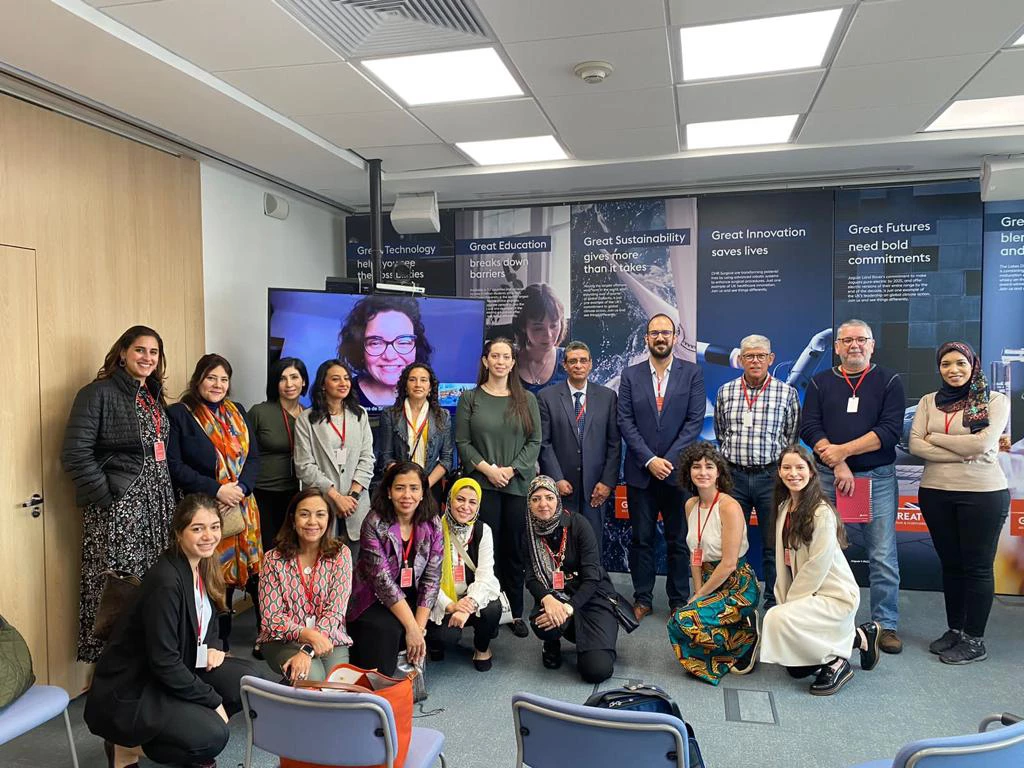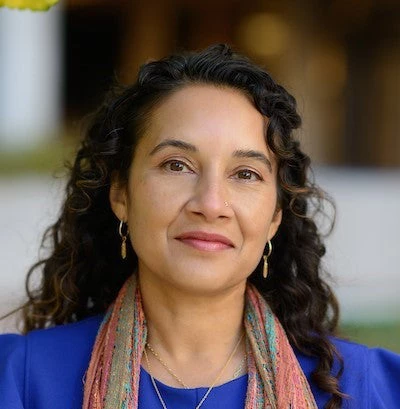 View of a metro station in Cairo, Egypt.
View of a metro station in Cairo, Egypt.
Have you taken longer routes to avoid dark streets? Have you waited for a train or bus that's mostly empty? Have you carried keys in your hands for self-defense "just in case?" Have you avoided traveling alone or not traveled at all because you didn't feel safe?
These scenarios illustrate the daily experiences of women and girls worldwide as they access education, job opportunities, caregiving, and go about their daily lives. Ensuring safe transportation for women is a critical problem that demands investment in legal and policy frameworks to address structural obstacles that perpetuate gender-based violence (GBV) and harassment.
Gender-based violence has gained worldwide attention as a pressing issue demanding immediate action and intervention from governments, organizations, and the global community. The World Bank is committed to addressing gender-based violence through its investments in operations, analytics, and technical assistance, while closely collaborating with various stakeholders. Key Bank-supported GBV documents enable strategic operational engagement that prioritizes community health and safety, with a focus on preventing GBV. These documents include (but are not limited to) the inaugural Regional Action Plan to Address Gender-Based Violence in the Middle East and North Africa Region, as well as Gender-Based Violence Prevention and Response in World Bank Operations: Taking Stock After a Decade of Engagement, Environmental and Social Framework (ESF) and the associated Good Practice Notes.
In Egypt, efforts to foster women’s empowerment and address GBV have seen significant progress. In 2015, the National Strategy for Combating Violence against Women was launched and has prioritized prevention, protection, intervention, and legal procedures. In 2021, the Penal Code criminalizing sexual harassment has been amended to increase penalties for perpetrators and to address online harassment and abuse crimes.
Building on existing efforts to address different forms of GBV remains essential to help Egypt attain its economic development and sustainable development goals. It is estimated that if women’s labor participation rate matched that of men, Egypt’s GDP could experience a 34% increase. GBV prevention should therefore entail measures across a wide range of sectors, including transportation, health, education, and the workplace.
To further our work and agenda, the Bank provided technical assistance (TA) and advisory services to the Government of Egypt in the form of Development Policy Financing (DPF) for Egypt's Inclusive Growth for Sustainable Recovery (P171311). The DPF prompted a range of legislative reforms by the Egyptian government, including the issuance of a transport sector code of conduct via a Ministerial Decree (2021). The Bank collaborated with the Ministry of Transport (MOT) and the National Council for Women (NCW) to facilitate the implementation of recent government reforms, which boosted progress towards safer transportation and provided wider support to additional stakeholders to address GBV challenges in their respective sectors.
Translating a Ministerial decree to actions
Jointly and in close collaboration with NCW, the Bank organized a series of learning workshops for Project Management Units (PMUs) aimed at enhancing operational capacity in addressing GBV-associated risks. The workshops showcased World Bank guidelines, sharing of international best practices, and a dedicated website that serves as a resource library. Among the significant benefits of those learning events was the establishment of direct linkages between NCW, Equal Opportunity Units and the PMUs that will serve as direct mechanisms in addressing SEA/SH risks in Bank financed projects.
As part of the technical assistance provided to the Ministry of Transportation, several valuable resources were developed, including (i) an in-depth analysis of grievance redress mechanisms with recommendations, (ii) standard operating procedures (SOPs) for Codes of Conduct, and (iii) a communication and outreach strategy aimed at involving communities and raising awareness. To ensure effective implementation, we conducted multiple stakeholder consultations, awareness-raising sessions, and train-the-trainer workshops.
Participants in the Egypt-Brazil study tour and workshops.
These efforts culminated in a highly participatory and successful study tour between Egyptian government counterparts from the Ministries of Social Development, Health, and Foreign Affairs and the National Council of Justice in Brazil in April 2023. The study tour comprised several field visits to public transportation facilities and service booths in Brazil’s metro specifically designed for women to handle intake and processing of sexual harassment complaints. The Brazilian and Egyptian governments engaged in a mutual exchange workshop aimed at to share knowledge and expertise on measures to prevent and respond to GBV. The Egyptian Government is planning to incorporate key takeaways from the study tour in their ongoing efforts to address GBV.
What We are Learning
Critical lessons that Egypt and other countries can take away from our study tour and program are:
- Introducing reforms related to gender-based violence is most effective when building on existing government initiatives and ownership.
- Efforts to reduce the barriers to women’s economic empowerment should involve collaboration among multiple stakeholders, and multisectoral actions to prevent and address violence against women in the workplace and on public transportation. This includes implementing transparent and cohesive response systems.
- The World Bank’s Development Policy Financing (DPF) can serve as a strategic and multi-sectoral approach to promote progress in addressing GBV and to encourage policy dialogues through analytics and in-depth research.
- To achieve further change at scale on the GBV agenda in Egypt (and the Middle East and North Africa region at large), social, gender, and cultural norms around GBV need to be addressed as a priority, including engaging men and boys.
References:
Violence Against Women & Girls Resource Guide
Women Economic Empowerment Study (2018)
Gender Equity Seal: A Key to Strengthening Egypt’s Private Sector (2021)
Social Norms and Female Labor Force Participation in Egypt (2023)
2023 Parliament Approval on the Penal Code criminalizing sexual harassment





Join the Conversation